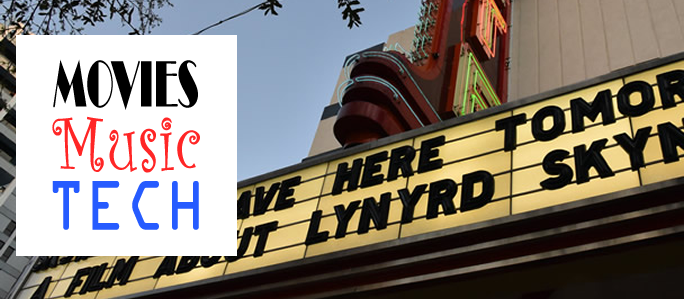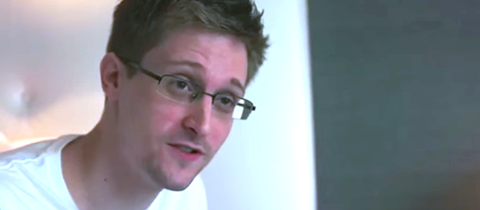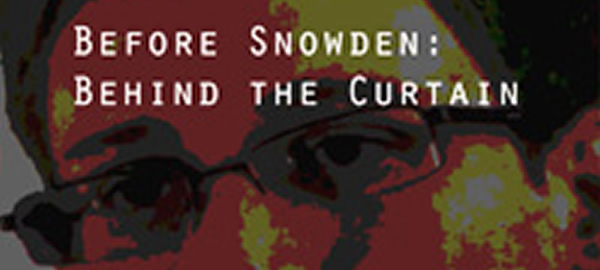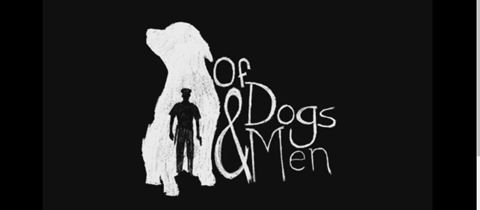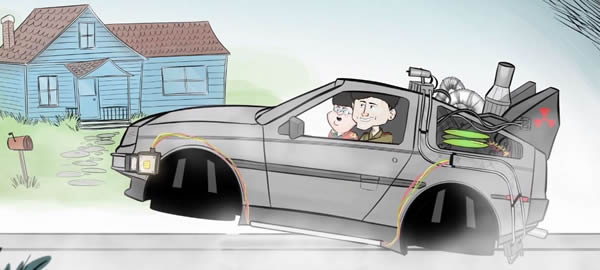(Originally published on Blogcritics.org)
Have you ever wanted to be a fly on the wall when history was made? CITIZENFOUR gives you that opportunity.
Academy Award-nominated filmmaker Laura Poitras (Flag Wars, The Oath) has created a truly unique documentary in her film about Edward Snowden, the former National Security Agency (NSA) employee who felt morally obligated to expose surveillance being done on Americans.
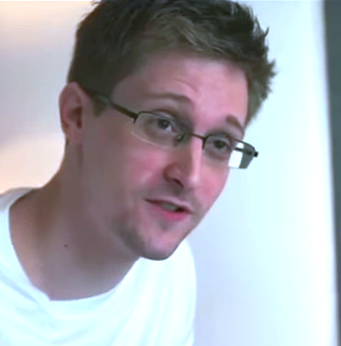
The film is special in several ways: how it came about, its structure, and its subject.
Because of her previous films, and an accusation, never proven, that she had prior knowledge of an attack on US soldiers in Iraq that she was seen filming, Poitras had become a target of US intelligence. She had been stopped a score of times and questioned by airport security, at times having her electronic equipment seized. In January, 2013, aware of her history and situation, Snowden contacted her using the code name CITIZENFOUR.
Snowden suggested to Poitras that she get in contact with Glen Greenwald, a reporter for The Guardian, whom Snowden had unsuccessfully tried to contact earlier. Over the next six months, the three continued communicating and Snowden revealed his plans to expose the extent of NSA spying on Americans. Poitras convinced Snowden that they should make a film about this, and, along with Greenwald and The Guardian’sWashington-based defense and intelligence correspondent Ewen MacAskill, they arranged to meet in Hong Kong in June, 2013.
Poitras recorded the interviews by Greenwald and MacAskill and other events involving Snowden over the next seven days. On June 8 and 9, Greenwald and MacAskill published articles and Poitras released a 12 minute video of Snowden on The Guardian website, which immediately went viral.
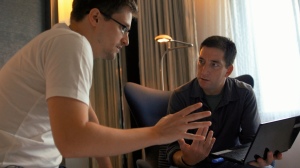
The structure of CITIZENFOUR combines the actual footage of Snowden with recreations of the texts and emails that Poitras and Greenwald had exchanged with him. The film also includes a section on William Binney, a 30 year veteran of the NSA who had developed much of the technical infrastructure that has facilitated the massive data collection. Binney’s break with the agency and his subsequent harassment has also been documented in Before Snowden: Behind the Curtain.
Snowden is, of course, the main subject of the film. I found the portrait of him surprising.
Although I had heard the name hundreds of times and watched way too many debates about him on cable news, I had never heard him speak. My impression from all this was that he was probably an attention seeking weirdo with some kind of grudge against the NSA or the United States. Cable news debates usually centered on whether he was a traitor or a hero.
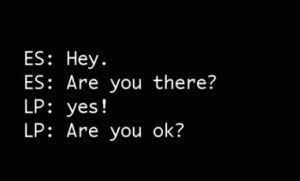
Poitras film shows those impressions and categorizations to be way too simplistic. Snowden is revealed as an extremely thoughtful and serious person. He comes across not as a crazy attention whore, but as a person who understands the gravity and implications of his actions. His motivations are clearly not to harm the United States, but to try to correct a data collection effort that, though well intentioned, has gotten way out of control.
It is possible that you could view CITIZENFOUR and still come away with the opinion that Snowden needs to be punished for what he did. You won’t come away from the film without having to think deeply about the implications of NSA spying, national security, and individual privacy.
A film that makes you think is worth seeing. Screenings will begin in New York and Los Angeles on October 23, 2014. Check the film’s website or Facebook page for times and locations.
